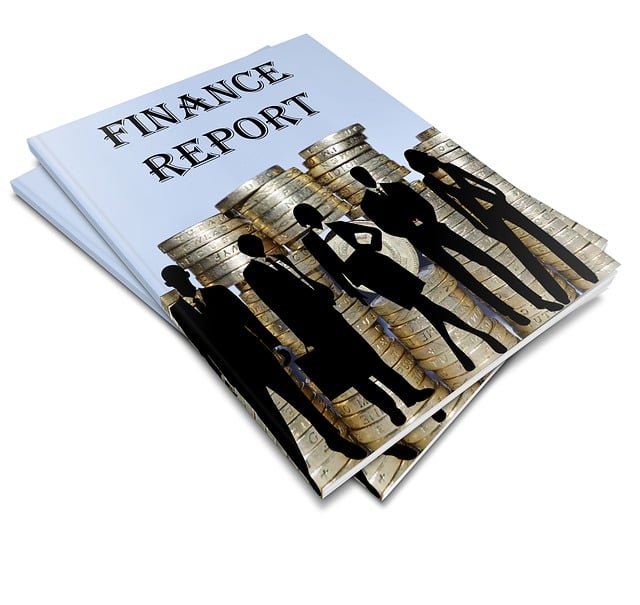Alternative Investment Solutions South Africa include private equity, real estate, commodities, and hedge funds (AIPs), offering potential for higher returns and diversification but with increased complexity and risk. Accessing these through Specialized Alternative Investment Partners requires significant minimum investments and can lack liquidity. Investors should assess partners' strategies, track record, and fees, remembering that past performance isn't a guarantee of future results despite regulatory oversight.
Exploring alternative investment opportunities in South Africa can be enticing, offering potential for higher returns beyond traditional markets. However, these products come with unique risks. This article delves into the diverse landscape of alternative investments, examining various types and their inherent advantages and dangers. From market volatility to legal complexities, we explore key risks associated with alternative investment solutions in South Africa, guiding investors to make informed decisions when choosing alternative investment partners.
- Understanding the Nature of Alternative Investments Products
- – Definition and types of alternative investments
Understanding the Nature of Alternative Investments Products

Alternative Investment Opportunities come in various forms, including private equity, real estate, commodities, and hedge funds. These products differ from traditional investments like stocks and bonds as they often involve direct ownership or control over assets, offering unique benefits such as potential higher returns and diversification. However, this also means Alternative Investments Products can be more complex and riskier. The lack of liquidity, high minimum investment requirements, and limited transparency are common challenges associated with these products.
In South Africa, Alternative Investment Solutions often cater to accredited investors due to their inherent complexities. When considering Alternative Investment Partners, it’s crucial to thoroughly evaluate their strategies, track record, and fees. Regulatory oversight plays a significant role in ensuring consumer protection; however, investors must remain vigilant, understanding that past performance is not indicative of future results.
– Definition and types of alternative investments

Alternative investments encompass a diverse range of asset classes and strategies that extend beyond traditional stocks and bonds. These include real estate, private equity, hedge funds, commodities, and various other niche markets. In South Africa, alternative investment opportunities have gained traction as investors seek innovative ways to diversify their portfolios and potentially achieve higher returns. Alternative Investment Products (AIPs) cater to a wide array of investors, from high-net-worth individuals to institutional partners, offering tailored solutions for risk management and wealth growth.
The appeal of alternative investments lies in their ability to provide access to unique markets and reduce correlation with traditional financial instruments. For instance, real estate investments can offer stability and steady income, while private equity partnerships allow investors to participate in the growth of emerging companies. Hedge funds, known for their flexible strategies, aim to deliver returns regardless of market conditions. South Africa’s thriving alternative investment ecosystem connects local and international investors through specialized Alternative Investment Partners (AIPs), fostering a vibrant landscape where innovative solutions meet robust risk management practices.
When exploring alternative investment opportunities in South Africa, it’s crucial to understand that these products come with unique risks. Unlike traditional investments, alternative investments can be highly illiquid and complex, making them suitable for sophisticated investors. Thorough due diligence is essential when considering Alternative Investment Partners or Solutions, as the regulatory environment may differ from conventional financial instruments. Always assess your risk tolerance and consult with financial advisors to make informed decisions regarding these diverse investment options.







